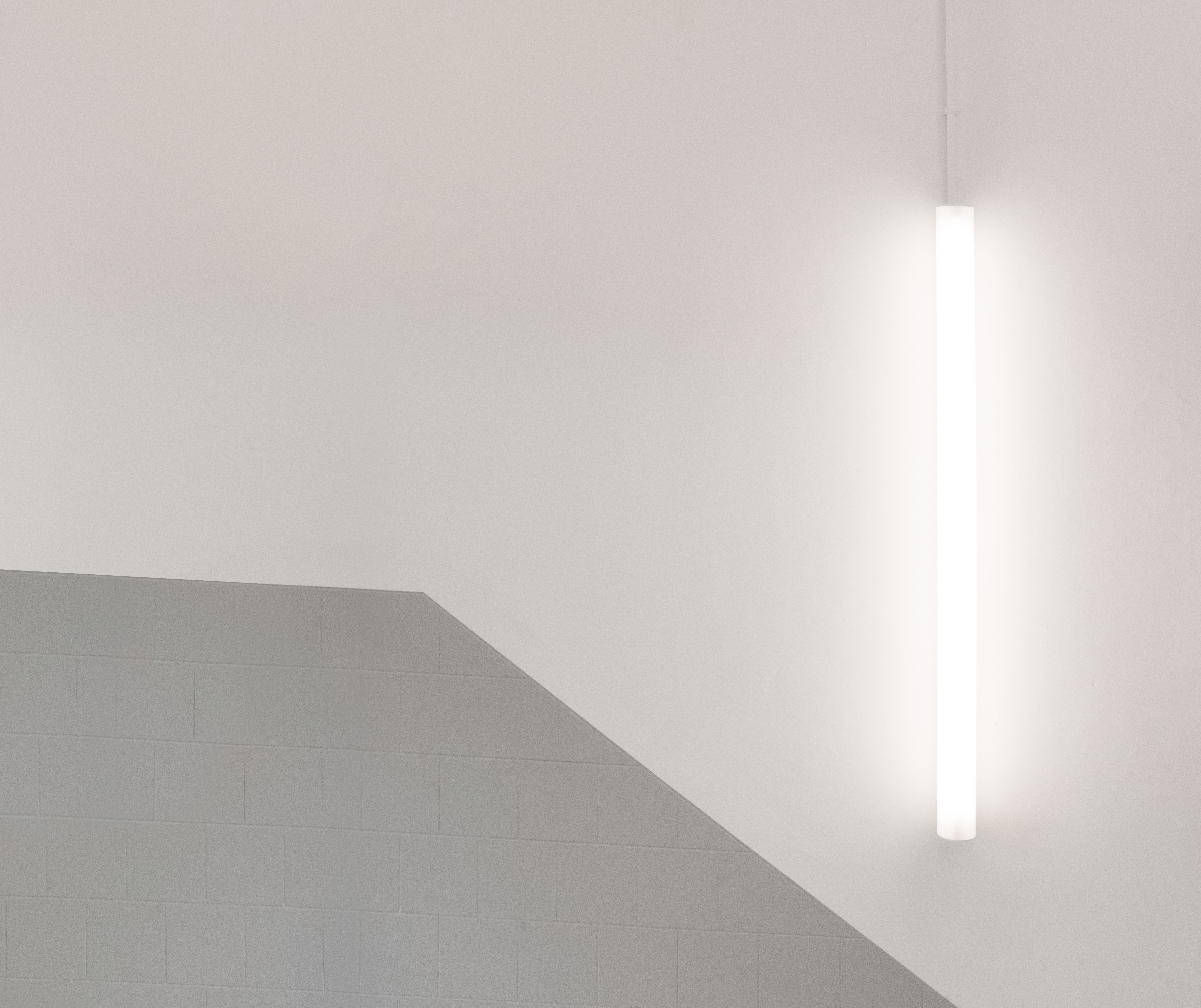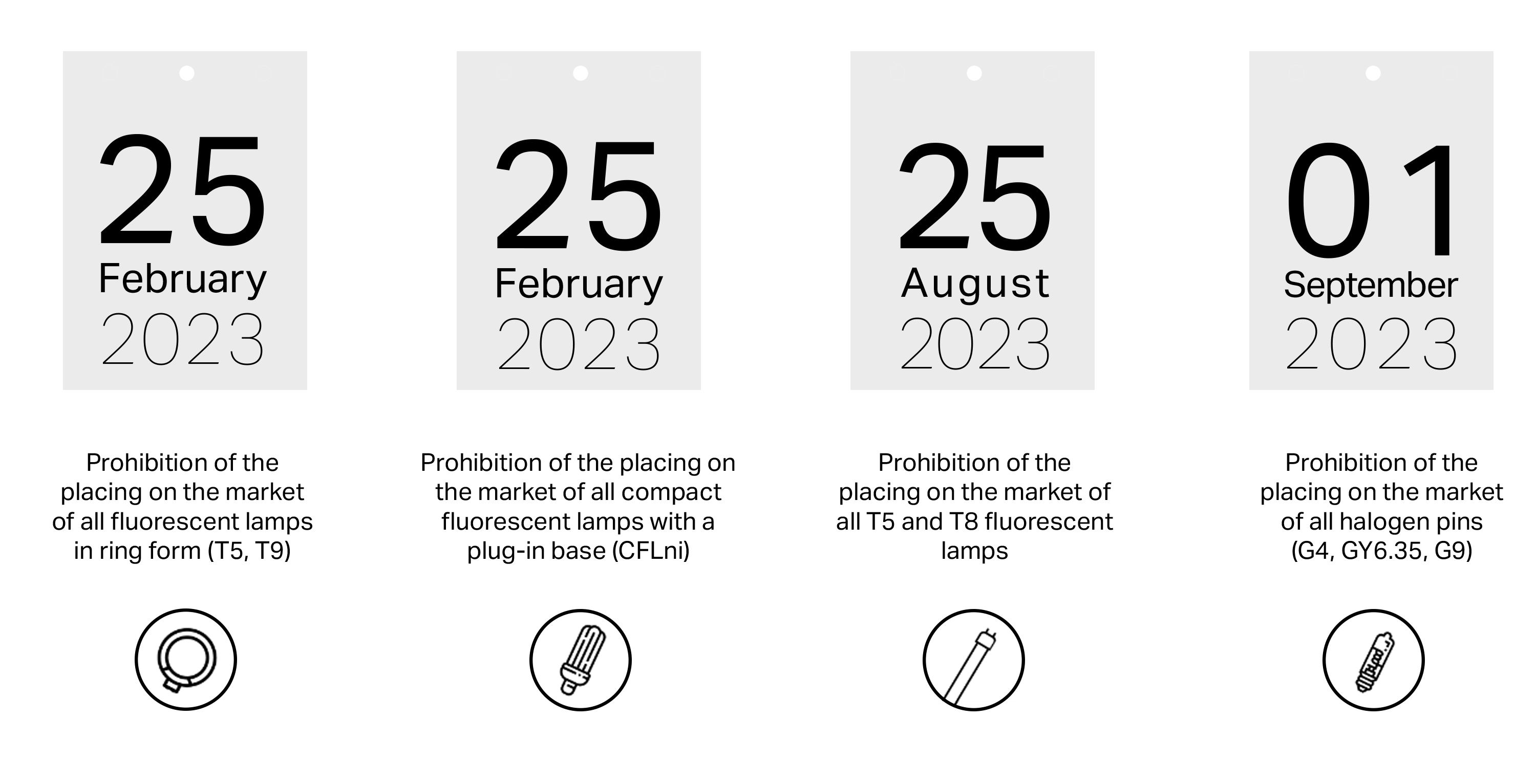Overview.
With the rise in production of electrical and electronic products, the volume of electrical waste is rising and it is, in fact, one of the fastest growing waste streams. During the use, collection and disposal of such waste, harmful substances such as mercury and cadmium may be released, causing major environmental and health problems.
Restriction of Hazardous Substance (RoHS), is a directive of the European Union adopted to regulate the use of the certain hazardous substance in Electrical and Electronic Equipment.
The purpose of this regulation is to restrict the use of certain hazardous substances (currently 10 of the substances) and therefore ultimately keeping them out of the environment. Failing to comply with the RoSH directive can result in imprisonment of a fine up to £20,000.



